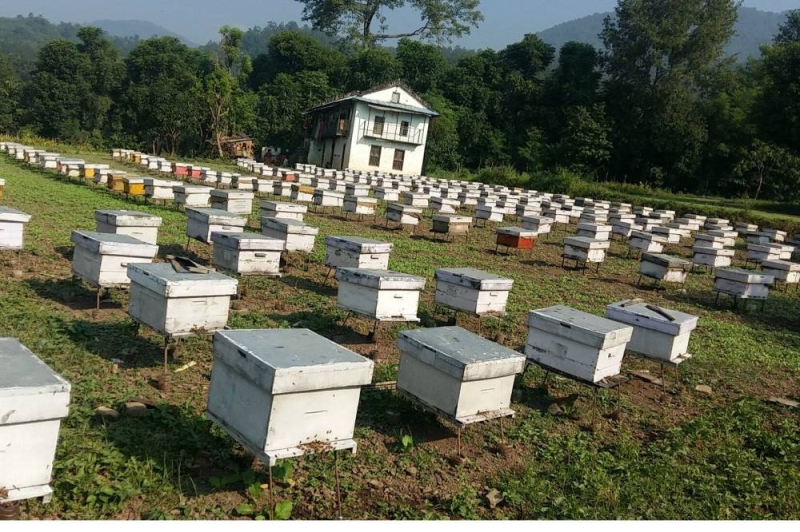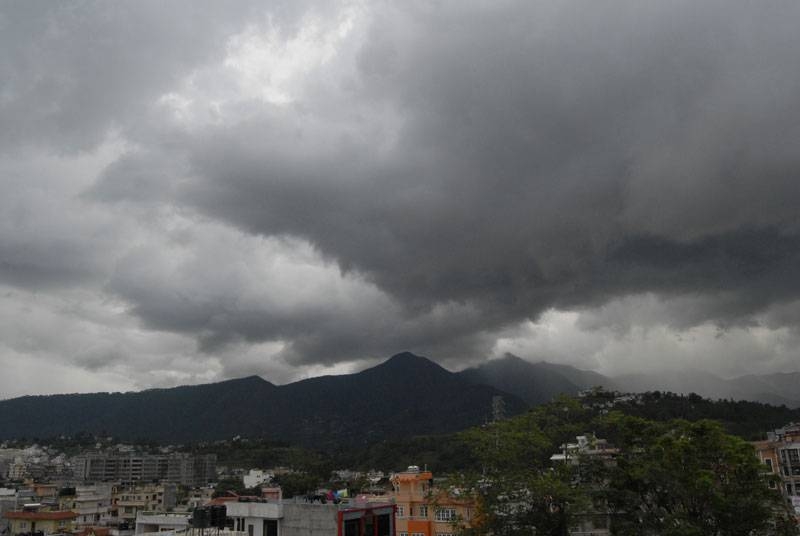West still selective in tackling terrorism
West still selective in tackling terrorism
Published: 04:50 am Mar 28, 2010
NEW DELHI: Western countries have shown a “practical selectivity” in tackling terrorism in what India calls the ‘Pak-Af’ (Pakistan Afghanistan) and not ‘Af-Pak’ region, as a result of which Pakistan has been “emboldened” to try to directly influence and hinder the ‘war on terror,’ said former Deputy National Security Advisor Leela Ponappa. Calling terrorism a “weapon of mass destruction,” that needed to be destroyed, Ponappa said efforts by both the United States and European countries to be selective in their approach to Pakistan’s violation of its international commitments has worsened the situation in the region. Speaking at the two day ‘International Symposium on India’s Role in a Multi-Polar World’ organised by the Foresight group and the Indian Council of World Affairs on Thursday and Friday, Ponappa’s critical comments came after Daniel Benjamin, the US coordinator for counter-terrorism, said Pakistan had heavily suffered because of terrorism and doubts raised by the international community about Pakistan’s motives in tackling terrorism were “conspiracy theorising.” “I think it is time to do away with the thinking that efforts with one country in dealing with a problem come at the expense of another country, “Benjamin said, clearly unwilling to accept India’s contention that Pakistan had created and nurtured the same terrorists who had now turned against it. Unable to take on India militarily, Pakistan’s Inter Services Intelligence had nurtured Islamic fundamentalists since the 1980’s as ‘lethal weapons’ to “bleed” India. In 2001, when US and international outrage against terrorism peaked after the deadly 9/11 attacks, Pakistan was forced to “turn off a part of the terror tap” and cut tacit government support to several terrorist organisations. Benjamin, who accepted that the Pakistan-supported Lashkar-e-Toiba (LET) “fills the gap left by a diminished Al Qaeda,” however commended Pakistan’s arrest of Mullah Abdul Ghani Baradar (reputedly second in the Taliban hierarchy) as an example of the cooperation Islamabad was extending in the war against terrorism. The Lashkar was supposed to have been banned by Pakistan in 2002 and by the UN subsequently, but it remains active behind the veil of a public charity Jamaat-ud-Dawa (also supposedly banned) in Pakistan. Germany’s Special Envoy for Afghanistan and Pakistan Bernd Mutzelburg trashed Pakistan’s arrest of Baradar saying it clearly indicated that Islamabad would not permit any negotiations to happen directly between Afghanistan and the Taliban. According to Mutzelburg, by arresting people like Baradar, a Pashtun leader from the Popalzai tribe, Pakistan was telling Karzai “don’t you dare to enter negotiations without us’’. Senior officials in the Indian government concurred with Mutzelburg, though Benjamin disagreed. “This is just conspiracy theorizing,” Benjamin said. “The arrest of Mullah Baradar was a very important bit of counter-terrorism action and we are grateful to Pakistan for that.’’ Until recently, the US ignored India’s concerns about Pakistan’s open support for the LET. “As was evident in 26/11 terror attacks in Mumbai, LET has filled the gap left by a diminished Al Qaeda,” Benjamin said, describing the Mumbai attack as something “straight out of the Al Qaeda policy plan book.” Echoing Washington’s recent pronouncements on the LET Benjamin said, “We will not achieve our security aims if this group, with thousands of men under arms, remains active.’’





